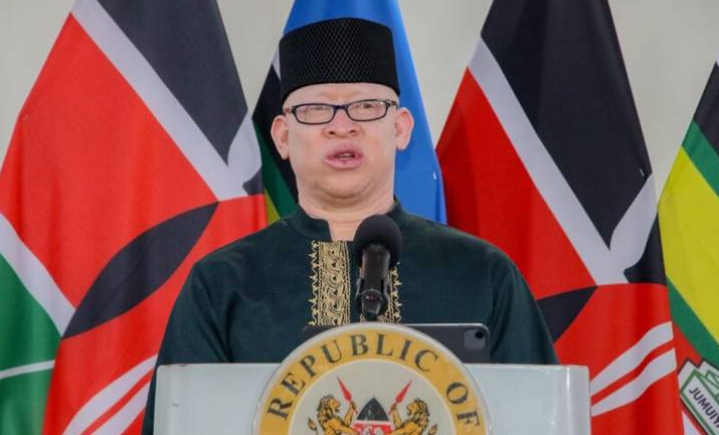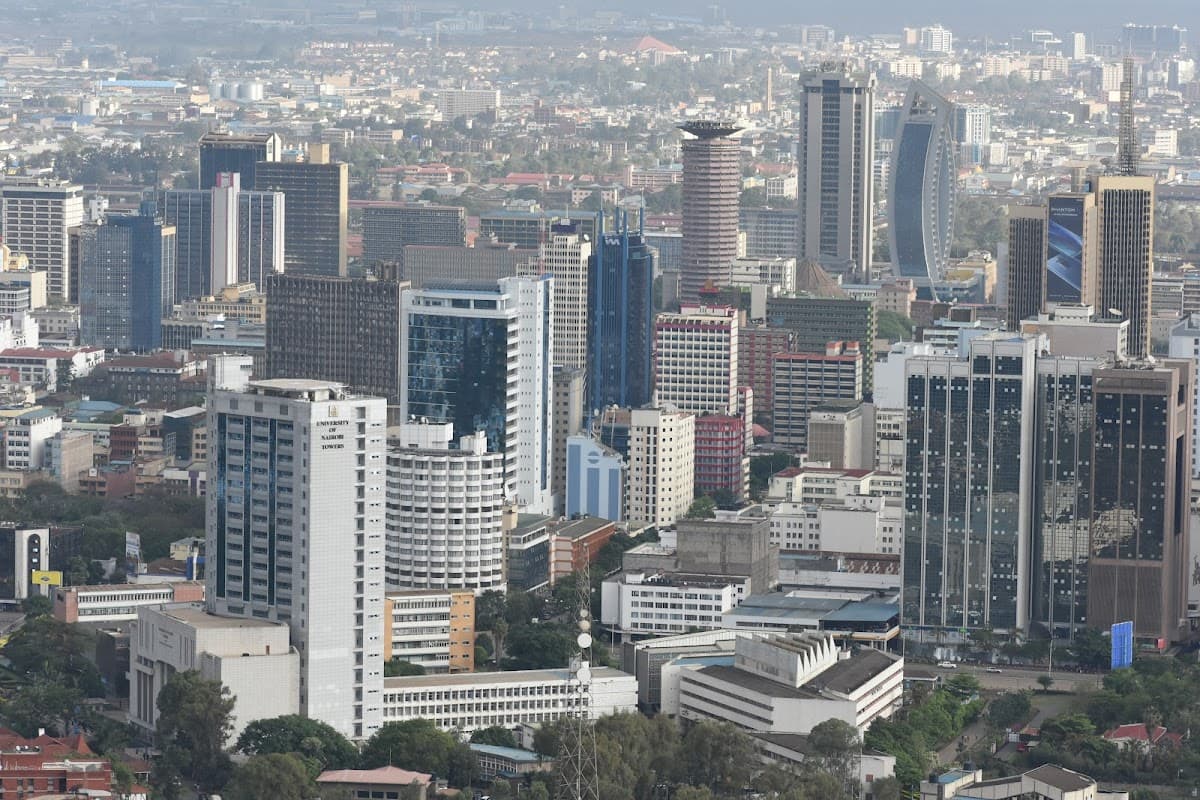In Kenya, the agricultural sector makes up 24% of its GDP via direct agricultural production. It makes up an additional 3% via agricultural manufacturing and distribution. More than 80% have jobs in the farming sector in Kenya. Unfortunately, many barriers over the past decade have inhibited agrarian success.
Over the years, farmers have lamented the unpredictable nature of several of the agricultural sectors due to extreme fluctuations of the products.
The government has implemented reforms to ensure market access to overseas markets while safeguarding local farmers against competition from cheap imports. These reforms are being enforced through local regulators or regional bodies.

Government Spokesperson Isaac Mwaura, in an address to the press on Monday, noted that Macadamia farmers were among the biggest winners, with prices rising from Ksh24 to Ksh100 per kilogram — a more than fourfold increase.
This growth, driven by improved harvest scheduling and market interventions, has helped position Kenya as the world’s leading producer of macadamia nuts.
Sugarcane growers are also seeing gains, now earning Ksh5,300 per metric ton compared to Ksh4,500 previously. For the first time, some farmers are receiving bonuses — a result of improved support to the sugar industry and better enforcement of payment timelines.
In the coffee sector, earnings more than doubled, thanks to reforms such as the Coffee Cherry Fund. Farmers now receive an average of Ksh130 per kilogram, up from Ksh50, with payments made directly to their M-Pesa accounts.
Miraa farmers have recorded substantial price jumps across all grades, with Grade One now selling at Ksh 1,300, nearly double its former price.
Similarly, dairy farmers have seen the farm gate price of milk increase from Ksh37 to Ksh50 per litre, offering a lifeline to households that rely on livestock for income.
The revival of the leather sector is also underway, with strategic investments in local tanneries such as the one in Narok. These efforts are aimed at reducing raw hide exports and enhancing value addition in-country, creating new opportunities in manufacturing and craftsmanship.
The tea industry is transforming a government-led push for local value addition. Rather than exporting raw leaves, Kenya is now focusing on exporting processed tea, which fetches higher prices and creates more employment along the value chain.
Avocado production has also flourished, helping Kenya become Africa’s top exporter through increased support and expanded access to international markets.
President William Ruto, recently said efforts were being made to revamp underperforming or collapsed export crops rice, coffee, cashewnuts, pyrethrum, avocado and macadamia nuts.
He noted that the Government would comprehensively manage agricultural related risks to cushion farmers from uncertainty nature of farming.
“We will also assist 2 million food deficient farmers to become surplus producers through availing affordable finance for inputs and agricultural extension to increase productivity of key food value chains including maize and dairy products,” said President Ruto.
He added that the Government is also undertaking regulatory reforms that will ensure farmer empowerment and a direct say by stakeholders in the affairs.







